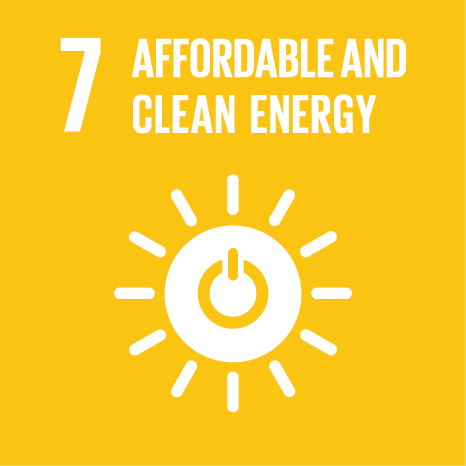Ciência_Iscte
Publications
Publication Detailed Description
Harvesting indoor available light for low-power wireless networks
6th International Conference on Wireless Networks and Mobile Communications
Year (definitive publication)
2018
Language
English
Country
Morocco
More Information
Web of Science®
This publication is not indexed in Web of Science®
Scopus
Google Scholar
This publication is not indexed in Overton
Abstract
Currently wireless networks used in indoor environments use the power
grid as their main power source. In the particular case of sensor
networks, the use of batteries is more common. Batteries, however,
have a limited lifetime and have to be replaced regularly. Both the
life-span and the cost of replacing the batteries are factors limiting
the system where these batteries are used. On the other hand, also
from the environmental point of view, it is important to minimize
the waste generated by end-of-life batteries.
In spite of the technological advances, which in the last decade have
increased the energy efficiency of the batteries, it would be of interest
(with a relevant social impact) if we could extend the lifetime of
a device by the collection and re-use of the energy present in the
environment. In particular, the electric energy spent on indoor lighting,
whether homes or offices, can be partially recovered by harvest devices
like photovoltaic cells. In this paper we explore the possibility
of powering sensor nodes exploiting the energy that can be recovered
from the existing room light.
Acknowledgements
--
Keywords
Energy harvesting,Super-capacitor,Photovoltaic cell,Spice model,Sensor networks,Indoor lighting,Batteries,IoT BLE
Fields of Science and Technology Classification
- Electrical Engineering, Electronic Engineering, Information Engineering - Engineering and Technology
Funding Records
| Funding Reference | Funding Entity |
|---|---|
| UID/EEA/50008/2013 | Fundação para a Ciência e a Tecnologia |
Contributions to the Sustainable Development Goals of the United Nations
With the objective to increase the research activity directed towards the achievement of the United Nations 2030 Sustainable Development Goals, the possibility of associating scientific publications with the Sustainable Development Goals is now available in Ciência_Iscte. These are the Sustainable Development Goals identified by the author(s) for this publication. For more detailed information on the Sustainable Development Goals, click here.

 Português
Português




